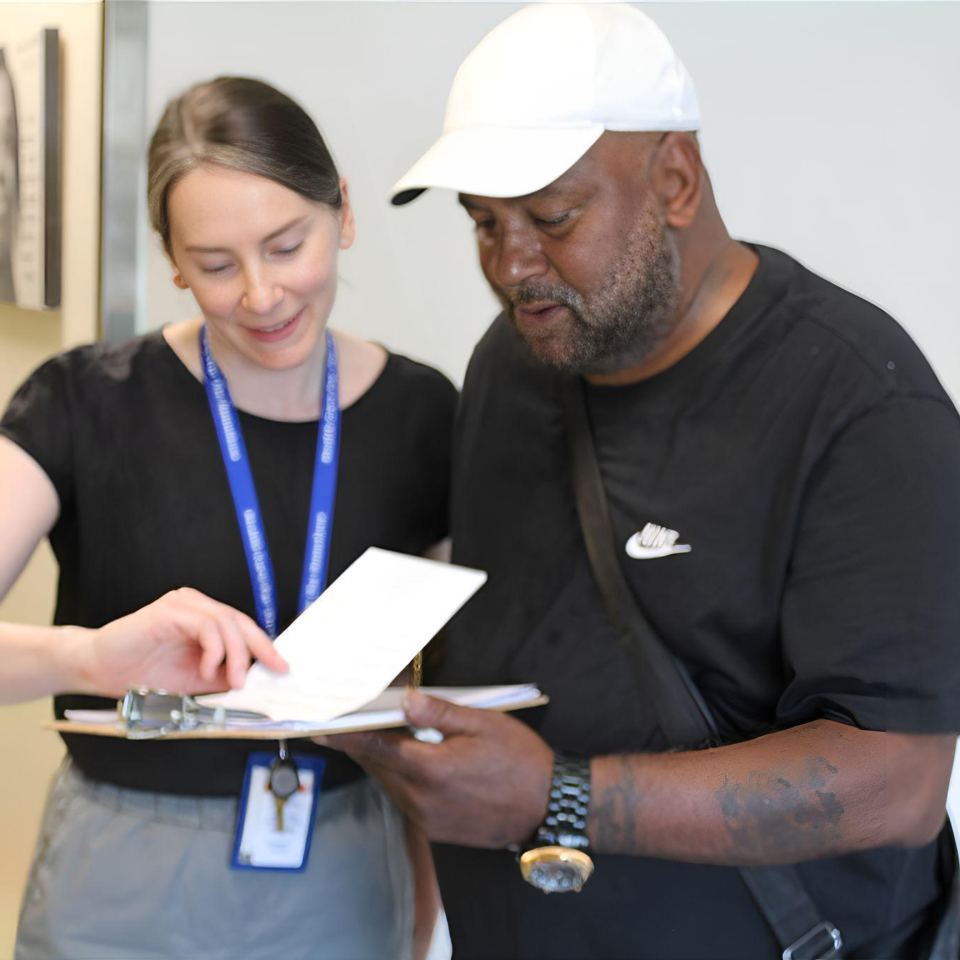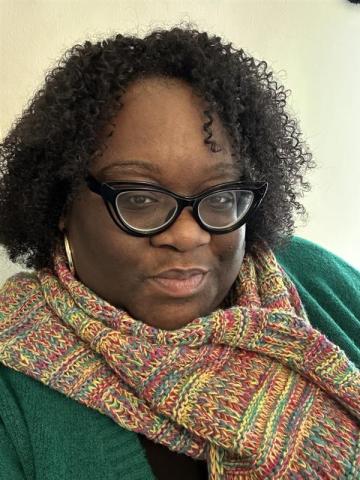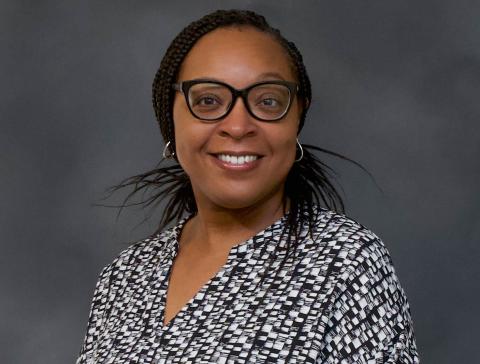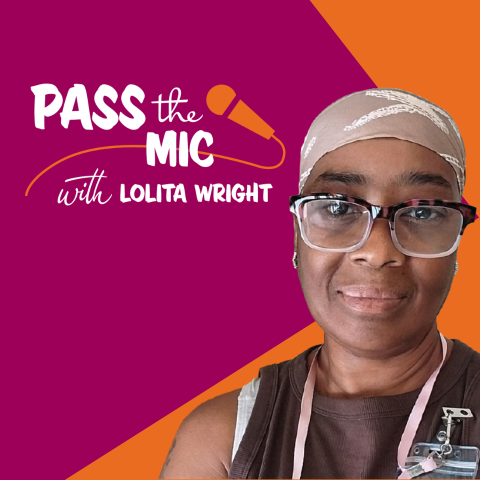
A pill that prevents HIV
Pictured (above): Dominic Reid and provider Elizabeth Galbrecht, NP review his prescription for PrEP–which he takes to prevent HIV.
When the first medication to prevent HIV became available in 2012, it was a monumental shift—both for people at risk and for public health officials.
“I have a partner who is HIV positive and I’m not,” explains Dominic, who has been taking PrEP (or pre-exposure prophylaxis) daily for four years. “At first I was a little hesitant because I thought [PrEP] was for people who were already positive,” says Dominic. “But my doctor at Health Care for the Homeless explained more about how it worked and said it would be a good option.”
People experiencing homelessness are at higher risk for contracting HIV; PrEP reduces that risk by about 99%. It can provide more security than condoms alone and helps people feel safer in their lives and relationships.
“Unfortunately, the populations who are most disproportionately affected by HIV in the US are the least likely to be prescribed PrEP,” says Nurse Practitioner Elizabeth Galbrecht. Those can include people who use IV drugs and African American women.
According to the CDC, Black women have a higher lifetime risk of contracting HIV, but less than 2% of Black cisgender women eligible for PrEP use it. The earliest forms of PrEP were marketed and approved solely for men who have sex with men, as well as trans women. Many Black women report being unaware they might be eligible for PrEP, or even that it exists.
Despite accounting for 1 in 10 HIV diagnoses in the US, people who use IV drugs aren’t always prioritized in public health. Sharing needles, engaging in sex work, trading drugs for sex—all of these things are risk factors for HIV, emphasizes Dominic.
Harm Reduction staff say it’s been hard to encourage some at-risk clients to try PrEP. That’s in part due to difficulty taking daily medication, concerns about cost and side effects—but it’s also based on misconceptions.
“One thing I really try to say is that PrEP is for everyone,” says MAT RN Sarah Barry. “It’s not just for gay men, it’s not just for people who are at risk through having sex. We work a lot on decreasing stigma.”
Providers must also be educated. There are three forms of PrEP available in the market, and they each serve a unique patient population. Long-acting injectable PrEP can also be a good option for people who have difficulty taking daily medication due to unstable housing.
“I hear a lot of concerns about cost,” says Elizabeth. “But thankfully, PrEP is covered by insurance—and for uninsured clients, we’re even able to provide free access through our neighboring pharmacy.”
“Prescribing PrEP is one of the most rewarding parts of my practice,” she continues. “It’s our responsibility as providers to take a thorough sexual history, identify behaviors that increase HIV risk, and talk about PrEP with all clients.”
For his part, Dominic leverages his lived experience to improve community health. He works at a recovery center and shares his experience with PrEP. “I explain that I haven’t had any side effects. And I talk about how at first I would only remember to take it sometimes—but you have to take it every day for it to work.”
“I tell everyone: it’s made me feel safer,” says Dominic.
Further reading:
More Recent News
After a year of serving as Practice Manager of West Baltimore, Alkema Jackson is moving into the new role of Director of Practice Operations, Community Sites! She joined Health Care for the Homeless in 2022 as the Client Access Project Coordinator, collaborating across departments to help more people connect to agency services, and in 2023, she received a Core Value Award for Hope. Read on to learn more about Alkema’s approach to this new position…
Meet Christana Greene, our new Director of Compliance! With more than five years in the compliance field—most recently as Senior Quality and Patient Safety Specialist at GBMC Healthcare—Chrissy brings frontline insight to the role. She began her career as a medical assistant, gaining firsthand experience in what it takes to keep care safe and operations running smoothly. In her new role, Chrissy is focused on building a compliance culture grounded in safety, integrity and accountability. Read on to learn more about Chrissy...
Baltimore gets dangerously cold, and too many of our neighbors are out there.Here are three simple things you can do to make a difference in someone’s life this winter.
Meet Lolita Wright, a mother and caregiver. Lolita is never leaving Baltimore. She shares her parents' love of music and determination.





